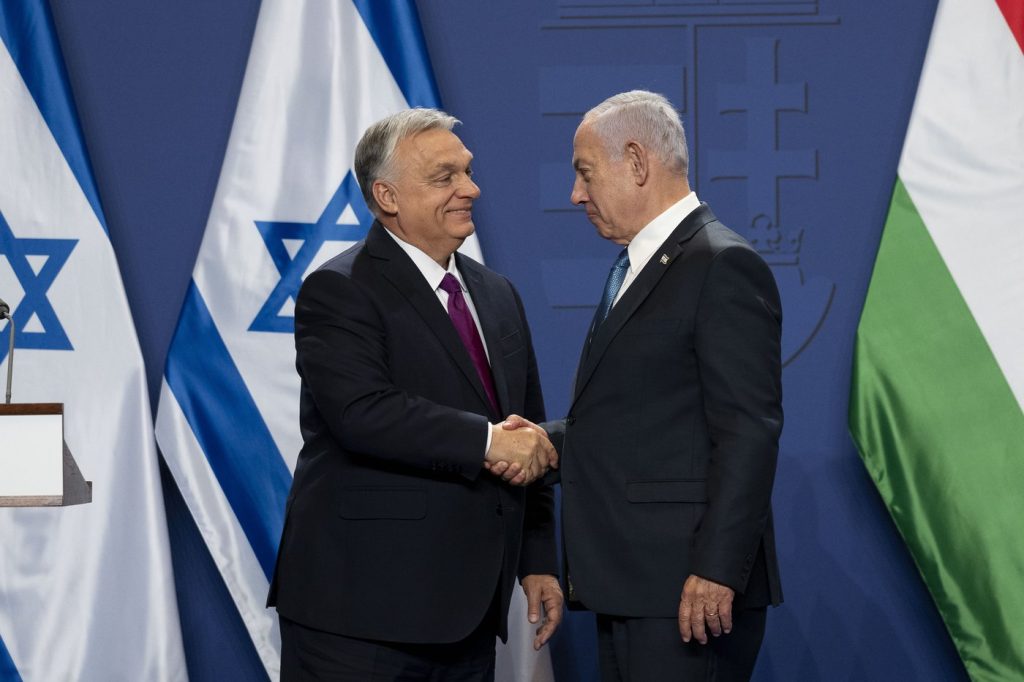THE HAGUE, Netherlands (AP) -- A panel of judges at the International Criminal Court (ICC) has reported Hungary to the court’s oversight organization due to its failure to arrest Israeli Prime Minister Benjamin Netanyahu during his visit to Budapest in April. This action is perceived as undermining the court's ability to ensure justice for alleged crimes.
Netanyahu, alongside former Defense Minister Yoav Gallant, is facing accusations of crimes against humanity related to the ongoing war in Gaza. During his state visit to Hungary, Netanyahu was welcomed with a red carpet reception by Hungarian Prime Minister Viktor Orbán, even though an ICC arrest warrant was active against him. Israel has not recognized the court's jurisdiction and firmly denies the charges laid against its leaders.
In a filing made public late Thursday, the three-judge panel emphasized that Hungary's obligation to cooperate with the ICC was clear. The judges stated that Hungary's failure to arrest Netanyahu "severely undermines the Court’s ability to carry out its mandate." As the ICC lacks its own police force, it relies on member states to enforce arrest warrants effectively.
The ICC's oversight body, known as the Assembly of States Parties, has limited authority to penalize Hungary for this noncompliance. The body will evaluate potential measures during its upcoming annual meeting in December.
Orbán, who faces criticism for his authoritarian style of governance and is considered a divisive figure within the European Union, has defended Hungary's inaction regarding the arrest warrant. He has echoed sentiments of a lack of commitment to the ICC, characterizing Hungary's stance as "half-hearted" and indicated intentions to commence the process of withdrawing Hungary from the court.
Although Orbán had signed the Rome Statute—the treaty establishing the ICC—in 2001 during his first tenure as prime minister, the court dismissed Hungary's argument that the statute was never integrated into national law. The ICC firmly stated that it remains Hungary’s responsibility to ensure appropriate legislation is in place.
This ruling by the court coincides with the severe humanitarian crisis currently engulfing Gaza, where more than 2 million Palestinians are reportedly in desperate need of assistance. Allegations against Netanyahu and Gallant include using "starvation as a method of warfare" by limiting humanitarian aid and intentionally targeting civilians amid Israel's military operations against Hamas in Gaza.
This is not the first instance this year where the ICC has scrutinized a member state for failing to comply with arrest warrants. In February, the court sought explanations from Italy concerning its decision to send a Libyan man, accused of torture and murder, back to Libya instead of relinquishing him to the ICC. Additionally, in October, Mongolia was reported for not arresting Russian President Vladimir Putin during his visit, again highlighting the challenges faced by the ICC in enforcing its mandates.











